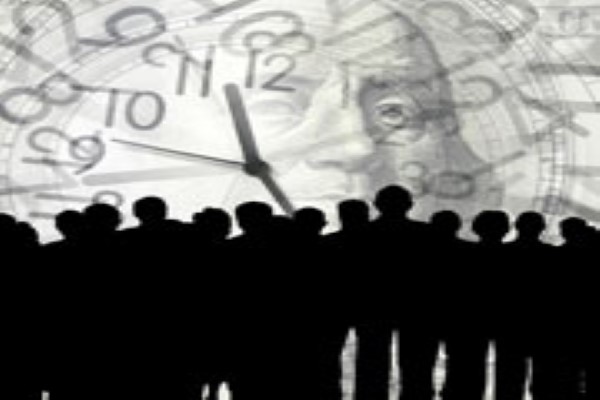Last week the BBC published an opinion poll of attitudes to families. The headline grabbing finding was that 94% of us feel positive about our own families, up by 4% from a similar poll in 1964.
But the BBC poll also found that 70% are pessimistic about the future of families as a whole. Whether or not this tells us anything significant about families it does confirm a more general, and worrying, characteristic of public attitudes.
This contrast between private optimism and societal pessimism about families reminded me of a phenomenon we used in Government to call the ‘perception gap’. This is the marked difference between what people said about their own experience of using public services like hospitals and schools, which was generally positive, and their view of these services in general – which was generally negative.
From a political perspective the unwillingness of voters to generalise from their own experience was deeply frustrating. It meant that real gains in service performance were not reflected in satisfaction with Government.
The ‘perception gap’ doesn’t end there. My friend Ben Page at MORI will know the details, but I’m pretty sure that people also report that their neighbourhood is improving while simultaneously believing that communities as a whole are falling apart. And while people generally report positive experiences in their own contact with people from other races and religious backgrounds they are again less sanguine when asked to generalise about other types of people.
What might explain this phenomenon? The first culprits are, of course, our friends in the media. Bad news sells. Politicians are lazily portrayed as untrustworthy, venal and second-rate. The criticisms of an independent report on Government policy make headline billing while other more numerous positive conclusions don’t merit a mention (or are described as a whitewash).
Films, TV dramas, documentaries and reality shows all tend to focus on society’s ills and miscreants. As I have said too many times on public platforms, the modern mass media is a disorganised conspiracy to maintain the population in a perpetual state of self righteous rage. But it’s not just the media: we too are implicated in the perception gap. If we receive a good service – either in the private or public sector – we might tell a couple of people. But if we suffer from a bad service we tell all and sundry.
I’m no evolutionary determinist, but in this one might see a sign that human beings have a hard-wired predisposition to see warning as more important than celebration.
Politicians too must take some blame. Opposition parties believe it is in their interests to prove the country to going to the dogs, while Governments need to justify the latest crammed Queen’s Speech. With so many people wanting to tell us things are going wrong is it any wonder we think our own experiences are the exception to the rule?
Ministers may despair at the ‘perception gap’ – but does it matter to the rest of us? I think so. It contributes to a tendency to exaggerate our own agency and underestimate the impact and potential of collective action.
In a complex world it is hard enough to find solutions to tough social problems without doing so against a backdrop of pessimism. If ‘out there’ is damaged, declining and dangerous, it makes sense to retreat into our own atomised privatised lives, and cower inside our gated communities. And of course the more we do that the more our pessimism about collective action becomes self-fulfilling.
One week and counting
It is just a week until the RSA Networks big day here on November 22nd. A huge amount of work has gone in here at John Adam Street and we have been guided throughout by committed Fellows like those involved in Open RSA (you'll need to log in to Facebook to see this link). I won’t say more as you can find a longer blog from me on the RSA networks blog.
On Saturday I am in Scotland at a major RSA Conference to discuss the Society’s development North of the Border. It is an exciting time all round in the Fellowship and I will make sure to report back on both events.
Related articles
-
Polarised: The RSA podcast exploring the politics of division
James Shield
Is it really true that we’ve never been more divided as a society? And if it is, how did it happen and what can be done?
-
Why fake news doesn't swing elections
Tony Greenham
Fake news doesn’t swing elections, but neither does ‘truth’. We have always filtered new information to fit our existing prejudices. The real danger to our democracy is not an absence of truth, but an absence of trust.
-
Small Gathering for Big Thoughts
Luisa Spina
Small Gathering for Big Thoughts is a dialogue process in which people are invited to bring their own ingredients, meet a stranger and cook together without a recipe.




Be the first to write a comment
Comments
Please login to post a comment or reply
Don't have an account? Click here to register.